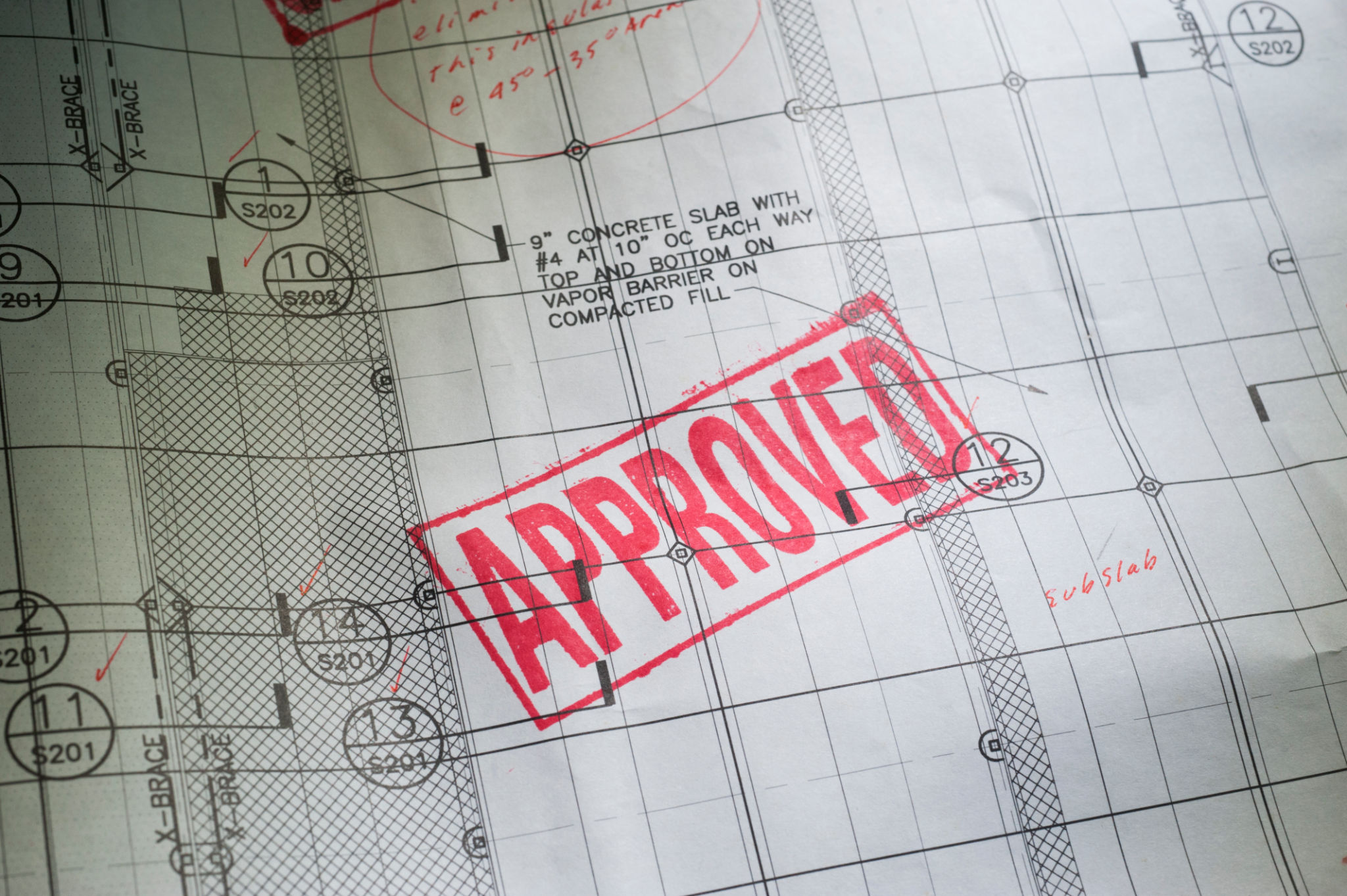Understanding Dallas County Regulations for Airbnb and Short Term Rentals
Introduction to Short-Term Rentals in Dallas County
The rise of short-term rental platforms like Airbnb has revolutionized the way people travel and stay in new places. As a host or potential host in Dallas County, it's crucial to understand the local regulations governing these rentals. Complying with these rules not only ensures a smooth operation but also helps in maintaining harmony with neighbors and the community.

Understanding Zoning Laws
Before listing your property, familiarize yourself with the zoning laws in Dallas County. These laws dictate where short-term rentals are allowed to operate. Generally, properties in residential areas may face stricter regulations compared to those in commercial zones. Checking with the local zoning office can provide clarity and prevent any legal issues.
It is important to note that zoning regulations can vary significantly from one neighborhood to another. Therefore, conducting thorough research or consulting with a local real estate expert can be beneficial.
Obtaining Necessary Permits
One of the most critical steps in setting up an Airbnb or short-term rental is obtaining the necessary permits. Dallas County requires hosts to secure a specific permit that validates their operation as a short-term rental. This permit ensures that your property meets all safety and health standards.

Failure to obtain the required permits can result in fines or even the shutdown of your rental operation. Therefore, ensure that you apply for and receive all necessary documentation before listing your property.
Tax Obligations for Hosts
Short-term rental income is subject to taxation in Dallas County. Hosts must collect and remit a hotel occupancy tax from their guests. This tax is typically a percentage of the rental income and must be submitted regularly to the local taxing authority.
Understanding these tax obligations can save you from unexpected penalties. Consider consulting with a tax professional who can guide you through the process and help you stay compliant with local tax regulations.

Adhering to Safety Standards
Safety is a top priority for both hosts and guests. Dallas County mandates that all short-term rental properties comply with specific safety standards. This includes having functional smoke detectors, carbon monoxide alarms, and fire extinguishers available on the premises.
In addition to these requirements, conducting regular safety checks and maintaining the property in good condition can enhance guest experience and reduce liability risks.
Community and Neighbor Considerations
Operating a short-term rental can impact your neighbors and community. It's essential to establish open communication lines with neighbors to address any concerns they may have regarding noise, parking, or increased foot traffic.

Implementing house rules that guests must follow can also help mitigate potential disturbances. By being a considerate host, you can foster a positive relationship with your neighbors and ensure the sustainability of your rental business.
Conclusion
Navigating the regulations for Airbnb and short-term rentals in Dallas County requires diligence and attention to detail. By understanding zoning laws, securing permits, fulfilling tax obligations, meeting safety standards, and considering community impact, you can operate a successful and compliant rental property.
Remember, staying informed about any regulatory changes is crucial as local governments continue to adapt to the growing short-term rental industry. Keeping abreast of updates will ensure that you remain compliant and avoid any potential pitfalls.
